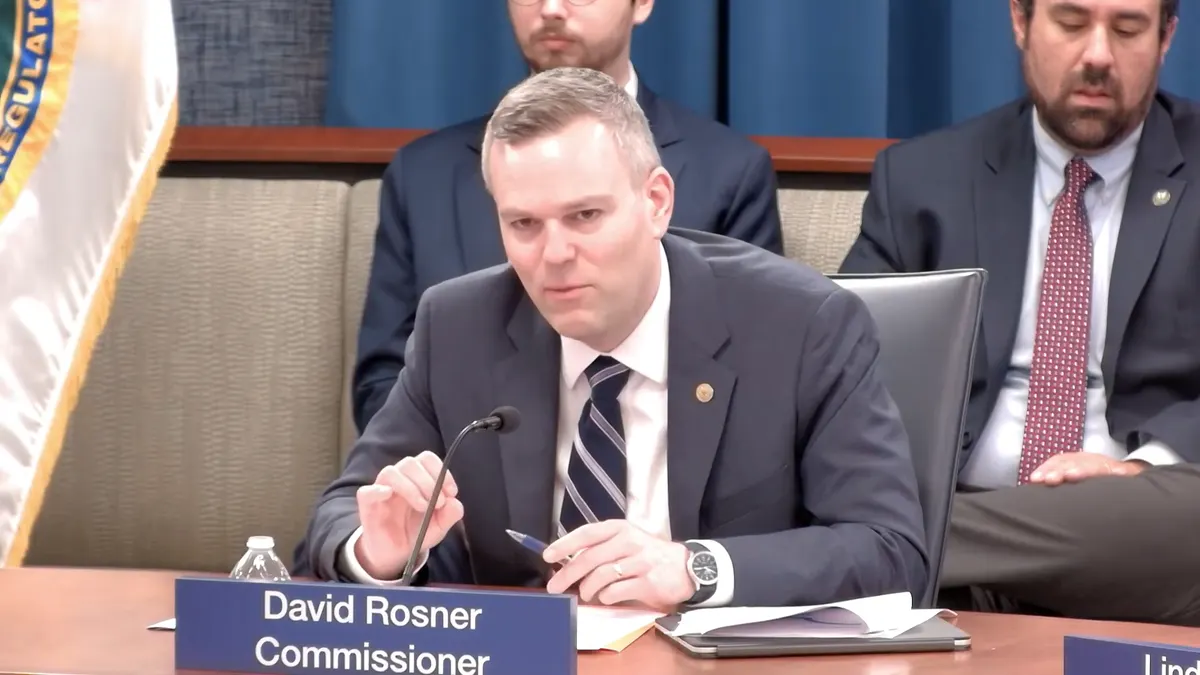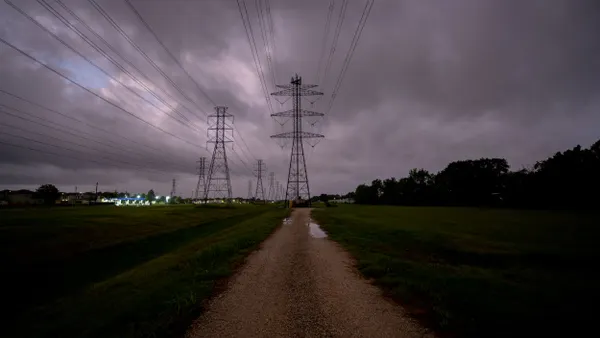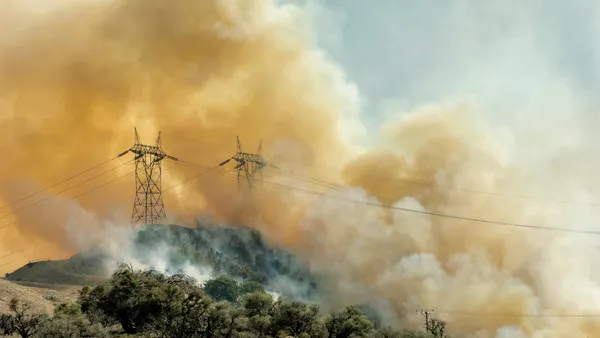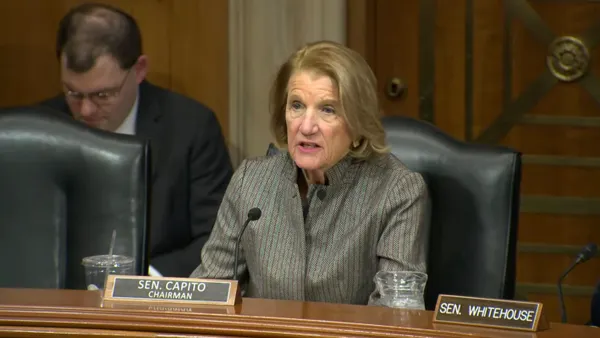The White House on Wednesday named David Rosner, a Democratic member of the Federal Energy Regulatory Commission, as agency chairman.
“I am honored to serve as chairman and excited to continue working with my colleagues on the commission and FERC’s extraordinary staff to enable reliable, affordable, and abundant energy for all Americans,” Rosner said in a statement.
Rosner joined FERC in 2017 as an energy industry analyst and has been a commissioner since June 2024. He spent two years on detail from FERC to the U.S. Senate Energy and Natural Resources Committee.
Before joining FERC, Rosner was a senior policy advisor for the U.S. Department of Energy’s Office of Energy Policy and Systems Analysis and an associate director at the Bipartisan Policy Center’s energy project.
During a meeting held in October by the WIRES Group, a transmission-focused trade group, Rosner said he values reaching broad-based agreements on issues.
“Most of my career, I’ve been really convinced that consensus-driven decision-making is the way you get a really good, durable outcome, and you get decisions that have staying power and keep moving the country forward,” he said.
Rosner said his top priorities are grid reliability, balanced with affordability; managing the energy transition; and supporting gas and transmission infrastructure development.
Friends of the Earth, an environmental group, opposed Rosner’s nomination at FERC, saying he was biased toward the natural gas industry.
Rosner replaces former FERC Chairman Mark Christie, a Republican whom President Donald Trump nominated in his first term. Christie left FERC on Friday after Trump declined to name him to a second term at the agency.
FERC, a five-member agency, has two other sitting commissioners besides Rosner: Lindsay See, a Republican, and Judy Chang, a Democrat.
With three commissioners, FERC has the quorum it needs to issue orders. However, the remaining commissioners may have conflicts of interest from their previous work that could keep them from participating in certain cases, which would prevent votes on those cases until at least one of the agency’s two empty seats are filled.
Earlier this year, Trump named Laura Swett, an energy attorney and former FERC staffer, and David LaCerte, an official with the U.S. Office of Personnel Management, to fill the empty seats. The nominations must be approved by the Senate Energy and Natural Resources Committee and the full Senate, a process that may not be completed until late this year.
Once FERC’s five seats are filled, agency observers expect Trump will name either Swett or LaCerte as chairman.














